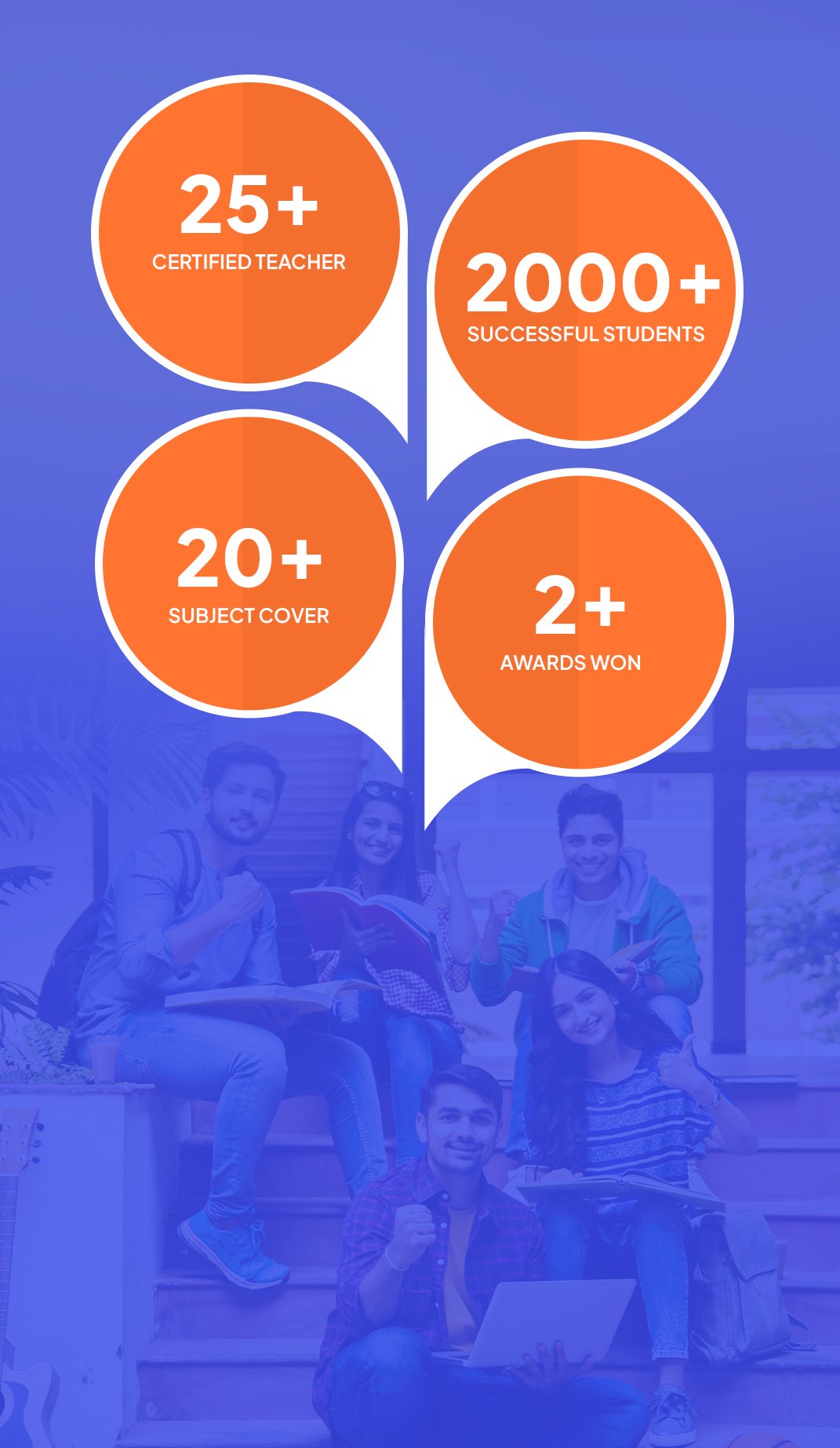
For students, striking a balance between academics and extracurriculars is essential. Strike the correct balance between family, friends, hobbies, sports, libraries, and lectures to have a fulfilling school experience. A successful college experience requires a good balance between extracurricular activities and academics. An imbalance can result in stress and anxiety in both areas, but it also generates poor performance in one. School education also involves coaching studies if you have joined a coaching centre in Dwarka. There are different ways by which you can maintain a balance between academics and extracurricular activities and we will discuss some tips for you to follow in this article
Time Management
Calculating how much time you will spend on each activity is the first step in striking a balance between extracurricular and learning. Your time should be carefully allocated to important tasks; if something isn’t advancing your objectives or fulfilling your hobbies, you should give it up.
You can schedule time for your subjects based on how comfortable you are with them; this will help you stay on top of everything. Alternatively, you could wear a watch to track how much time you spend on various activities and in between them, then try to cut down on the amount of time you spend on unrelated activities.
Set priorities of your tasks
It is easier to concentrate on each task when you complete your necessary study before the other duties. Your brain will now be able to work without stress about the important activities, which will improve the effectiveness and efficiency of the other studies. Prioritising your duties also makes it easier to know what to accomplish next without becoming lost before starting each new work. It is going to help you save extra time and mental strain.
Don’t do things you don’t want to
Often, when you say “no” to someone who asks for your assistance because you are trapped in a peer pressure cycle, society will not support you. However, it’s imperative that you avoid the things you don’t wish to participate in. You will waste time and exhaust your mental energy on things you are not delighted or thrilled about.
Plan in advance
Making a to-do list and organising your daily duties can help you complete them within the allotted time. It will assist you in finishing current work on schedule or ahead of schedule and starting new tasks on time. A to-do list can be written on sticky notes at your study area or in the shape of a tiny journal that fits in your pocket.
Ask for help whenever you need
Technical information is frequently required of students. This can occur while completing assignments, working on an internship, conducting experiments in a lab, or even just trying to figure out a problem while working on an assignment. If you are unable to solve the problem on your own, don’t waste any more time on it; instead, ask your teachers or superiors for assistance, or occasionally even your friends if they are unavailable. It saves you time, gives you some more knowledge on the subject, and gives you ideas on how to solve problems of a similar nature in the future.
Avoid distractions
Social networking sites like Instagram and Snapchat, chatting with friends outside of class or in the canteen, and aimless internet browsing are a few examples of typical distractions. These are very common types of distractions and you have to mentally prepare yourself to stay as far away from these distractions as you can because they will never benefit you.
